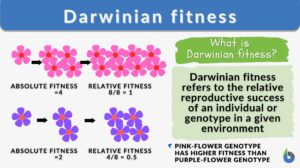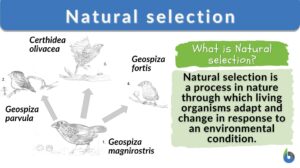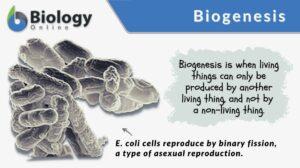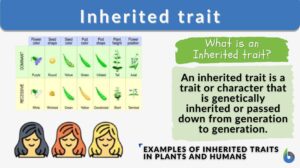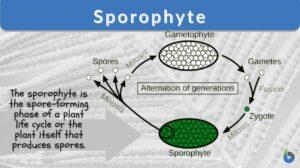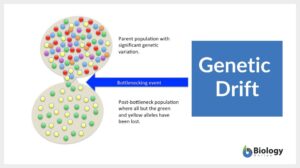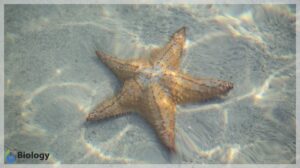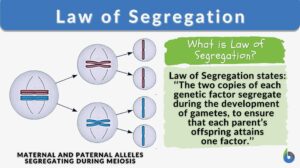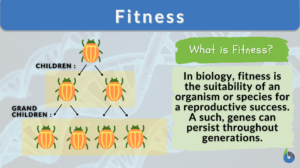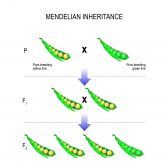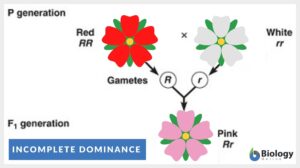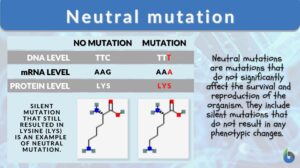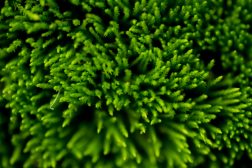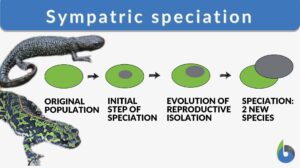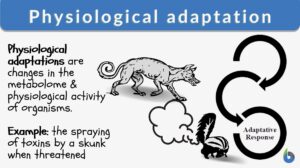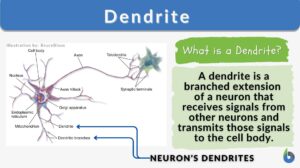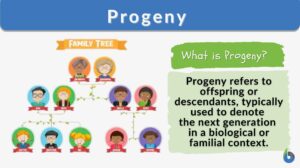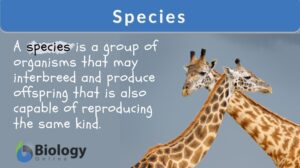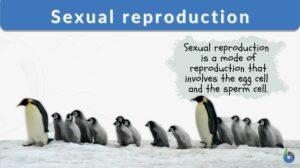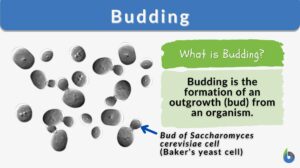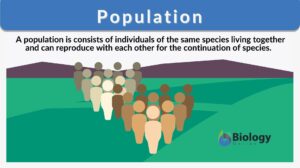Search Results for: generation time
Darwinian fitness
Darwinian Fitness Definition Darwinian fitness refers to the measure of an individual organism's or genotype's reproductive... Read More
Generation time
Generation time (Science: cell biology) time taken for a cell population to double in numbers and thus equivalent to the... Read More
Natural selection
Natural Selection Definition What is natural selection in biology? Natural selection is defined as a process in nature... Read More
Spontaneous generation
Definition noun plural: spontaneous generations The previously popular notion that living organisms arise or develop from... Read More
Biogenesis
Biogenesis Definition Biogenesis refers to the idea or the process whereby a living thing comes from another living thing,... Read More
Inherited traits
What are Inherited Traits? The characteristics or traits that are passed from parents to offspring are known as inherited... Read More
Sporophyte
Sporophyte Definition What is a sporophyte? Accordingly, the sporophyte is the plant generation that produces spores. To... Read More
Genetic drift
Genetic Drift Definition What is genetic drift in simple terms? The simple definition of genetic drift ( also referred to... Read More
Fragmentation
Fragmentation Definition What is fragmentation? In general, fragmentation refers to the state or the process of breaking... Read More
Law of Segregation
Mendel’s Laws of Inheritance The father of genetics, Gregor Mendel, reported his findings in 1860 that initially were... Read More
Abiogenesis
Definition noun plural: abiogeneses a·bi·o·gen·e·sis, eɪbaɪəʊˈdʒɛnəsɪs (1) The idea that primitive life... Read More
Generation
Generation 1. The act of generating or begetting; procreation, as of animals. 2. Origination by some process, mathematical,... Read More
Inheritance and Probability
Reviewed by: Mary Anne Clark, Ph.D. Gregor Mendel, an Austrian monk, is most famous in this field for his study... Read More
Incomplete dominance
Incomplete Dominance Definition After Gregor Mendel discovered inheritance laws, the term ''incomplete dominance'' was... Read More
Neutral mutation
Neutral Mutation Definition What is a neutral mutation? Neutral mutations are the alterations in the DNA that are... Read More
Generation Time – Cell
The time it takes for a parent cell to divide into two daughter... Read More
Facultative anaerobe
Facultative Anaerobe Definition What does facultative anaerobe mean? Facultative organisms are the most adaptable... Read More
Bryophytes
Bryophytes (nonvascular plants) do not have xylem or phloem. The habitations of this plant group are widely varied and... Read More
Mitochondrion
Mitochondrion Definition What are mitochondria? The term “mitochondrion” comes from the two words of the Greek... Read More
Allopatric speciation
We can define speciation as a process by which the novel genetically independent group of organisms are formed through the... Read More
Sympatric speciation
Speciation is a process of evolution through which two different existing populations evolve and a distinct species form. It... Read More
Axon hillock
Axon Hillock Definition What is axon hillock? If you are familiar with the different parts of the neuron, the axon hillock... Read More
Physiological adaptation
If we look over evolutionary history, we find that it’s neither the most genius and intelligent nor the strongest and the... Read More
Polygenic inheritance
Polygenic inheritance refers to the kind of inheritance in which the trait is produced from the cumulative effects of many... Read More
Gametophyte generation
Definition noun (botany) A phase in the life cycle of certain plants and algae that starts with a spore up to the time that... Read More
Vascular plants
Definition of Vascular plants The term 'vascular' is derived from the Latin word vāsculum, vās, meaning "a container and... Read More
Sexual reproduction
Sexual reproduction is a mode of reproduction involving the fusion of haploid female gamete (egg cell) and haploid male... Read More
Chemiosmosis
Chemiosmosis Definition What is chemiosmosis? In biology, chemiosmosis refers to the process of moving ions (e.g. protons)... Read More
Photosynthesis
Photosynthesis is a physio-chemical process carried out by photo-auto-lithotrophs by converting light energy into chemical... Read More
Glycolysis
What is Glycolysis and Why is it Important? Glycolysis is a metabolic pathway by which the 6-carbon molecule of glucose is... Read More
Growth rate
Growth rate (Science: biology, cell culture, Ecology) The rate, or speed, at which the number of organisms in a population... Read More
Population
Living organisms typically prefer to live, grow, and survive in groups. Except for some species that prefer solitude - both... Read More
